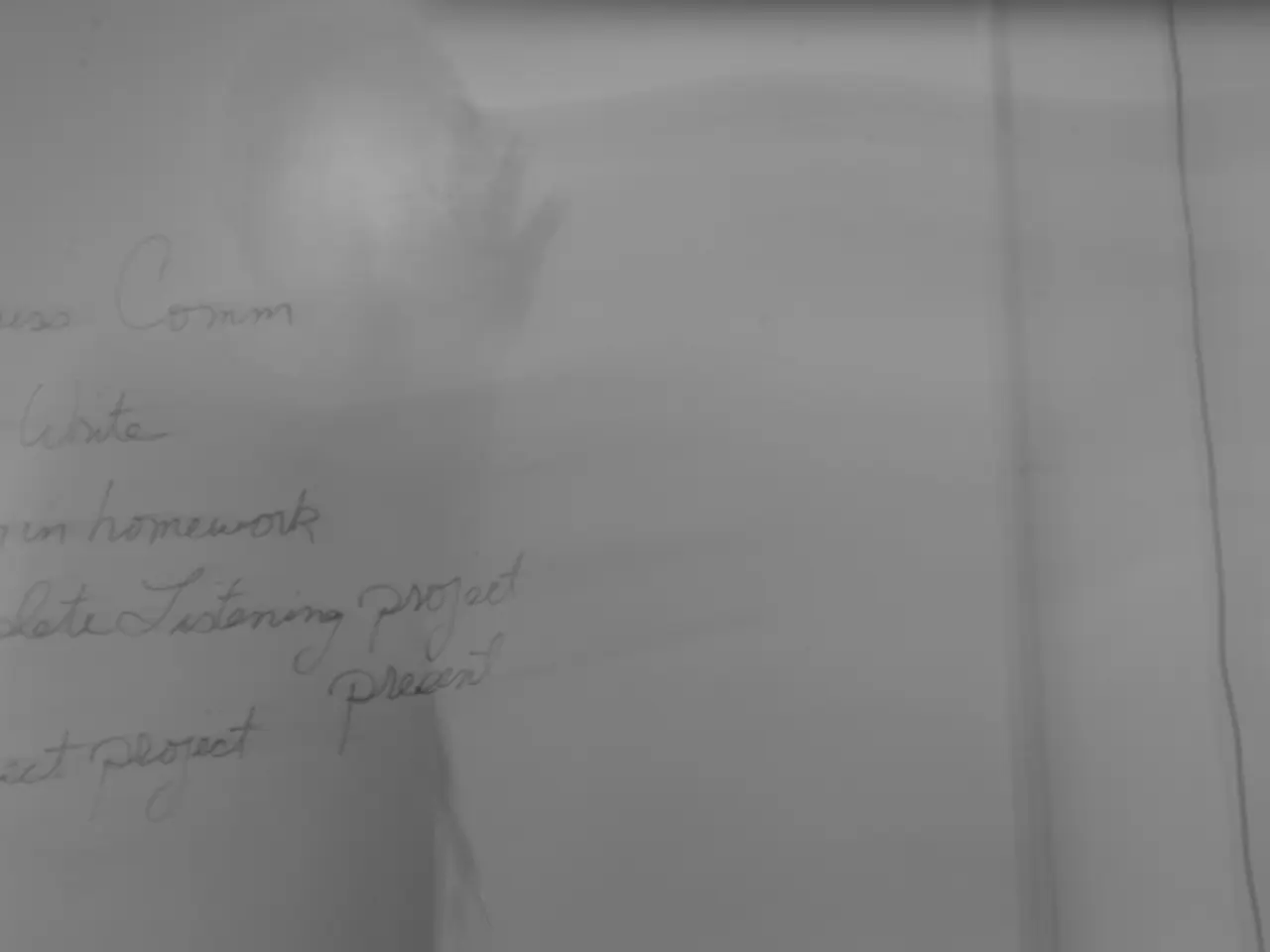Industry professionals query Representative Titus on potential gambling tax rollback during town hall meeting in Las Vegas
In a move that could have significant consequences for Nevada's gambling industry and economy, President Donald Trump's spending bill has introduced a new tax rule affecting commercial casinos in the state. Starting in 2026, gamblers will only be able to deduct 90% of their losses from their winnings, compared to the previous 100% deduction[1][2][4].
This change means that even if a gambler breaks even overall (wins equal to losses), they could owe federal income tax on the 10% of losses not deductible, effectively paying tax on "phantom income" and increasing their tax burden[1][2][4]. For example, if a gambler won $100,000 and lost $100,000, they would now owe tax on $10,000 under the new rule.
Democratic Congresswoman Dina Titus is leading the opposition to this change. She has introduced the Fair Accounting for Income Realized from Betting Earnings Taxation (FAIR BET) Act, which seeks to restore the full 100% deduction for gambling losses, effectively reversing Trump's amendment[2][3][4]. Titus has organized town halls with industry, tax, and tourism experts to highlight the negative consequences of the new law and gather bipartisan support to reverse it[2][4]. Nevada Senator Catherine Cortez Masto has introduced a companion bill called the FULL HOUSE Act in the Senate with similar goals[4].
The town hall, held at Las Vegas City Hall on Monday, was a public event related to the new tax rule affecting gambling losses. Titus described the change as a "simple" one, but emphasized its potential impact on the local economy[3]. The tax rule affects both Igaming and sports betting in Nevada, industries that contribute significantly to the state's economy and tourism[1][2][4].
Journalist Jezzamine Wolk, KLAS-TV, reported on the changes in the tax rule. The bill introduced by Titus aims to counter these changes and restore the previous 100% deduction for gambling losses[1][2][4]. As the debate continues, the top House Republican on the Ways and Means Committee has pledged to restore the deduction to 100% before the law takes effect, showing momentum for repealing this change[3].
[1] Jezzamine Wolk, KLAS-TV. (2021). New tax rule could impact Nevada casinos. Retrieved from https://www.klastv.com/news/local-news/new-tax-rule-could-impact-nevada-casinos
[2] Associated Press. (2021). Nevada lawmakers seek to restore full tax deduction for gambling losses. Retrieved from https://www.usatoday.com/story/news/nation/2021/04/27/nevada-lawmakers-seek-restore-full-tax-deduction-gambling-losses/7368412002/
[3] Associated Press. (2021). Top House Republican on Ways and Means Committee pledges to restore full gambling loss deduction. Retrieved from https://www.usatoday.com/story/news/politics/2021/04/27/top-house-republican-ways-means-committee-pledges-restore-full-gambling-loss-deduction/7368412002/
[4] Reid Wilson. (2021). Nevada lawmakers push to restore full gambling loss deduction. Retrieved from https://thehill.com/homenews/state-watch/552720-nevada-lawmakers-push-to-restore-full-gambling-loss-deduction
- The Fair Accounting for Income Realized from Betting Earnings Taxation (FAIR BET) Act, introduced by Democratic Congresswoman Dina Titus, aims to restore the full 100% deduction for gambling losses in the finance sector, an amendment opposed by Titus due to its potential negative consequences on the casino-and-gambling and general-news arenas.
- The FULL HOUSE Act, a companion bill introduced by Nevada Senator Catherine Cortez Masto in the Senate, shares similar goals with the FAIR BET Act, aiming to reverse a tax rule change affecting the gambling industry and economy, a law that could increase the tax burden for gamblers by taxing "phantom income" and has been met with opposition from industry, tax, and tourism experts.




